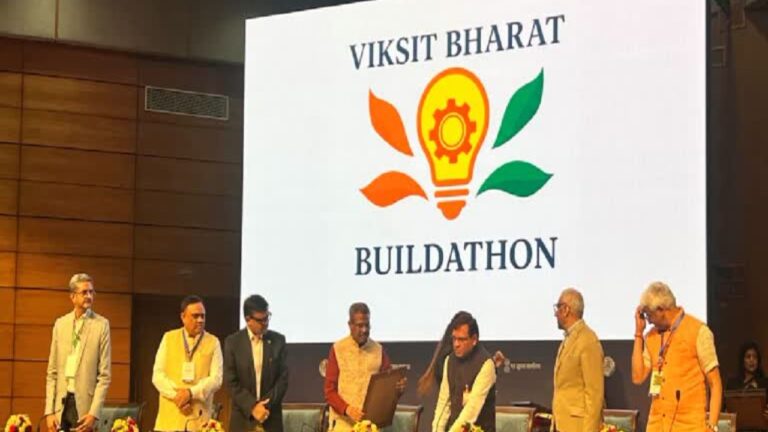
As the global population approaches 10 billion, the dependence on fertilizers to sustain agricultural production has become crucial but environmentally challenging. Over the past century, fertilizers have helped food production keep pace with population growth. However, their use is now causing severe ecological stress, including nitrogen leaching into ecosystems and greenhouse gas emissions, pushing Earth’s environmental limits to a critical threshold.
Innovative Solutions: Biological Nitrification Inhibition
In response to this challenge, a groundbreaking research initiative aims to reduce agriculture’s nitrogen footprint by harnessing nature’s own solutions. The Novo Nordisk Foundation has awarded CIMMYT a grant of up to USD 21.1 million to lead the CropSustaiN project, which focuses on reducing the nitrogen footprint of wheat cultivation through biological nitrification inhibition (BNI).
“Success in this initiative could lead to a major shift in agricultural practices globally, benefiting both the planet and farmers’ livelihoods,” says Claus Felby, Senior Vice President, Biotech, Novo Nordisk Foundation. He highlights that the initiative could be extended to other staple crops like maize and rice, potentially reducing the need for fertilizers.
Revolutionary Mitigation Approach
BNI leverages plants’ natural ability to suppress soil nitrification through the release of natural compounds. This seed-based genetic strategy contrasts with synthetic nitrification inhibitors, offering a more scalable and cost-effective solution. The BNI method could potentially reduce nitrogen fertilizer usage by 20%, depending on regional farming conditions.
“BNI could revolutionize nitrogen management in agriculture,” explains Bram Govaerts, Director General, CIMMYT. “It represents a genetic mitigation strategy that complements existing methods and has the potential to substantially decrease the need for synthetic fertilizers.”
Harnessing Genetics for Sustainability
CropSustaiN focuses on developing new wheat varieties requiring significantly less nitrogen fertilizer by utilizing conventional breeding techniques. Genes from wild crop relatives, such as wild rye, known for better nitrogen use efficiency, are incorporated into wheat. These innovations are shared globally through CIMMYT’s network, ensuring public access to the advancements.
The Road Ahead: Validation and Integration
The initiative aims to validate BNI efficacy across diverse climates and integrate this technology into mainstream agricultural practices. While the venture carries risks, the potential rewards—ranging from widespread BNI adoption to valuable insights into nitrogen management—make it a pioneering project.
CropSustaiN builds on research initiated by the Japan International Research Center for Agricultural Sciences (JIRCAS) and CIMMYT in 2015, which has already produced BNI wheat lines tested over three farming seasons. These crops are now set for further development and global scaling, indicating a potential paradigm shift in agricultural practices.
Collaborative Efforts and Future Prospects
The Novo Nordisk Foundation has laid the groundwork for CropSustaiN by funding related BNI research at various institutions, fostering an ecosystem of innovation. This collaborative effort involves CIMMYT, the International Crops Research Institute for the Semi-Arid Tropics (ICRISAT), Aarhus University, the University of Aberdeen, and the University of Copenhagen.
By making the developed seeds accessible to all farmers without exclusive patent rights, the Novo Nordisk Foundation promotes an inclusive approach to agricultural innovation, ensuring that the benefits of this research reach farmers worldwide.






